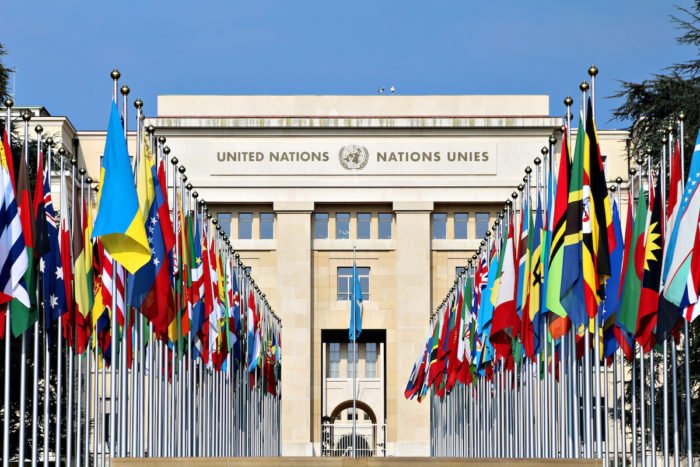Turkish Interior Minister Ali Yerlikaya announced on Friday that 361 people had been detained in nationwide operations over the past two weeks as part of an intensified crackdown on the Gülen movement, Turkish Minute reported.
The detentions took place in raids across 46 provinces, including major cities such as İstanbul, Ankara and İzmir. According to Yerlikaya’s statement on X, those apprehended were accused of involvement in the Gülen movement’s “current structure,” including its alleged covert military wing, financial network and educational activities.
The detentions are part of a long-running crackdown on followers of Fethullah Gülen, an Islamic cleric who lived in exile in the United States until his death in October 2024. The Turkish government accuses the Gülen movement of orchestrating a failed coup on July 15, 2016, a charge the movement strongly denies. Gülen and his supporters consistently rejected allegations of involvement in the coup or any affiliation with terrorism.
Yerlikaya also claimed that some detainees had used ByLock, an encrypted messaging application that was widely available on Apple’s App Store and Google Play, had communicated with senior members of the movement via payphones, or had disseminated its propaganda on social media. Others were reportedly wanted in connection with past investigations or already had finalized prison sentences and were at large.
ByLock, once freely available on app stores, has been labeled by Turkish authorities as a secret communication tool used by supporters of the Gülen movement. Despite this claim, no evidence has been presented linking messages sent via ByLock to the 2016 coup attempt. Similarly, the so-called “payphone investigations” rely solely on call records rather than content. Prosecutors argue that members of the movement used the same payphones to contact one another in succession. Under this theory, when one suspected member is identified in the call logs, others who made or received calls immediately before or after are also presumed to be guilty by association.
Once praised by Turkish leaders for its contributions to education, social welfare and interfaith dialogue, the Gülen movement has been labeled as a “terrorist organization” by the Turkish government since May 2016, a designation not recognized by the United States, the European Union or major international bodies.
The movement’s followers, also known as Hizmet (Service) supporters, say they have been unfairly targeted in a campaign of political persecution aimed at silencing dissent and consolidating power. The post-coup purge has seen hundreds of thousands investigated and tens of thousands imprisoned on terrorism-related charges widely viewed as politically motivated.
Ahead of the coup attempt’s eighth anniversary last July, Justice Minister Yılmaz Tunç said that more than 705,000 people had been investigated since 2016 over alleged Gülen ties. As of July 2023, at least 13,251 individuals were reported to be either in pretrial detention or serving prison sentences for “terrorism” linked to the movement.
These figures are thought to have increased over the past 10 months since the operations targeting Gülen followers continue unabated. President Recep Tayyip Erdoğan and several government ministers said there would be no “slackening” in the fight against the movement following the cleric’s death at the age of 83.
Rights groups and international observers have repeatedly criticized the breadth of the crackdown, which has resulted in the dismissal of some 130,000 public servants and 24,000 members of the military, including high-ranking officers.















